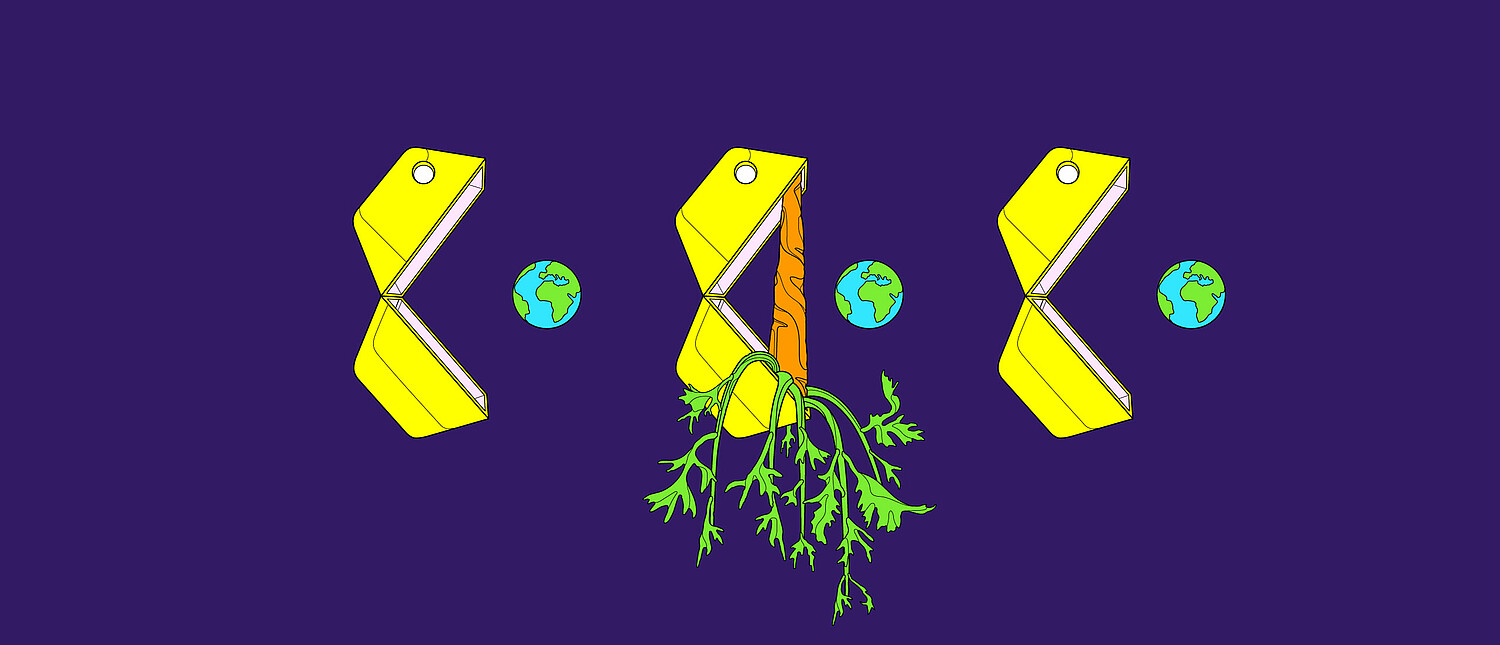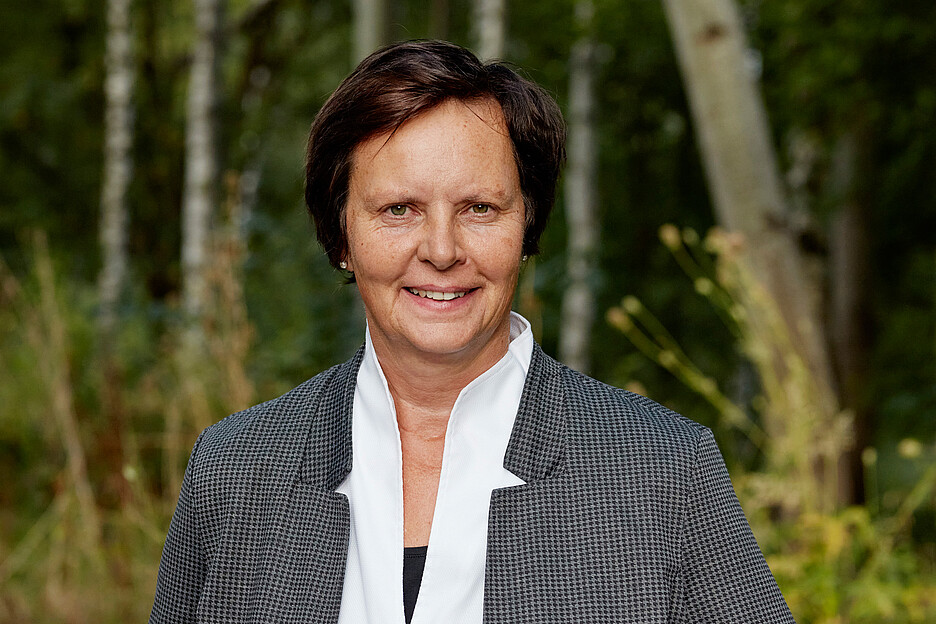
What is really necessary?
How can you reach moderately interested people and make them excited about greater sustainability? What will it take to turn the circular economy into a reality? Or how can settlements be made more compact and outdoor spaces more attractive? We look at these and other questions in our “Living more sustainably” Dossier.

How about a bike helmet made from fungal mesh rather than plastic? Or a used smartphone instead of a new one? Or, instead of living in a large detached house, could you imagine living in a small, almost self-sufficient house with a dry toilet as part of a circular system? These are just some of the ideas thought up by ZHAW researchers that could make our lifestyles more sustainable. In this magazine, we present projects and provide sources of inspiration that could help to save our planet.
After all, we are living beyond our means and gobbling up resources as if we had more than one planet Earth at our disposal. The cover image by illustrator Til Martin also symbolises this. A life of abundance was previously considered a good life. In the future, the art of leading a good life will revolve around focussing on the essentials: What is really necessary?
There are studies that show that having fewer possessions makes you happy. Doing without something therefore doesn't necessarily equate to a loss, but rather can add new value to your life. But how do we move away from our throwaway society?
A circular economy appears to offer a magic formula here. In this regenerative system, fewer resources and less energy are consumed, with the volume of waste and emissions produced also being reduced. The forest ecosystem shows us just how a circular system works. You can learn more about this topic by reading the second edition of our “Impact” web series “Planetary Health”, which we have also released in a printed edition this time around. The article describes new approaches in the area of food production.
The content of the series moving forward is not set in stone. You can send us your questions or any ideas you may have for “Planetary Health” and we will attempt to prepare answers and corresponding content for the web magazine together with researchers. Please feel free to leave your suggestions directly below in the comments field.
0 Comments
Be the First to Comment!